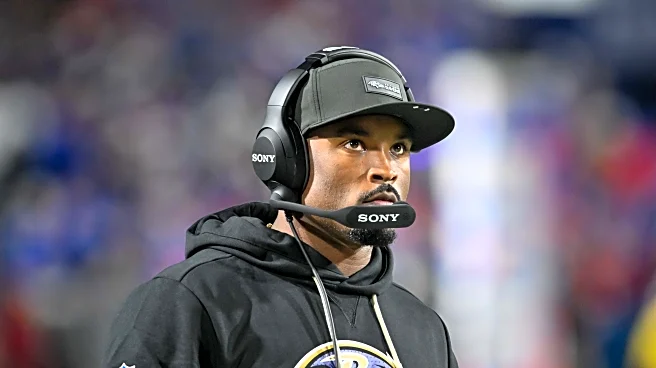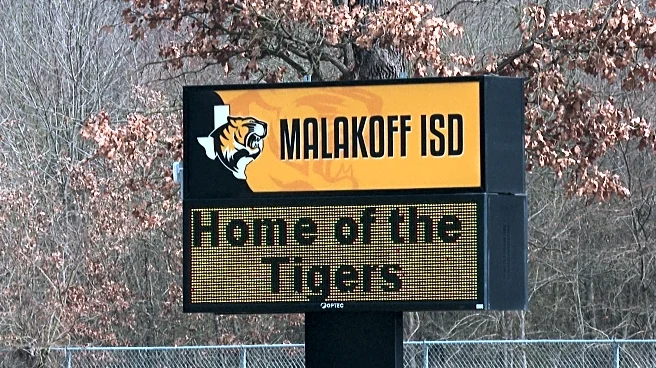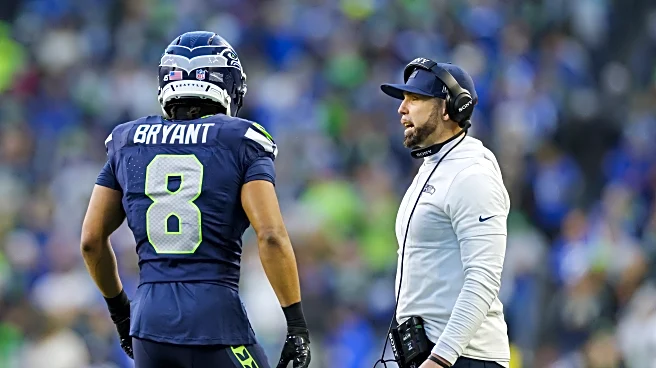Rapid Read • 8 min read
Robert F. Kennedy Jr., known for his anti-vaccine stance, is reportedly intensifying efforts to reform the U.S. vaccine system. His strategy targets the federal Vaccine Injury Compensation Program, which could potentially bankrupt the fund and deter pharmaceutical companies from producing vaccines. Kennedy's agenda includes questioning vaccine safety and linking immunizations to autism and allergies, despite scientific evidence to the contrary. He aims to add autism and allergies to the compensation program's injury table, which could lead to increased claims and financial strain on the fund. Kennedy's actions have sparked criticism from public health leaders and legal experts, who warn of the potential impact on vaccine availability.
AD
Kennedy's strategy poses significant risks to public health by potentially reducing vaccine availability. If pharmaceutical companies face increased liability and costs, they may cease vaccine production, affecting immunization rates and public health safety. The controversy surrounding Kennedy's actions highlights the tension between vaccine safety advocacy and scientific consensus. Public health leaders express concern over the potential consequences, including increased disease outbreaks and compromised public health infrastructure. The situation underscores the importance of maintaining a robust vaccine system to protect against preventable diseases.
Kennedy's strategy may lead to regulatory changes and legal challenges. The federal government is working to revamp the Vaccine Injury Compensation Program, and Kennedy's influence could shape future vaccine policies. Public health groups and legal experts are likely to continue opposing Kennedy's agenda, advocating for evidence-based vaccine safety measures. The ongoing debate may prompt further scrutiny of vaccine regulations and the role of anti-vaccine activism in shaping public health policy.
Kennedy's actions reflect broader societal debates over medical freedom and vaccine safety. The controversy highlights ethical considerations in balancing individual rights with public health responsibilities. The situation may influence future discussions on vaccine policy, transparency, and accountability in healthcare. Kennedy's influence on vaccine skepticism could have long-term implications for public trust in immunization programs.
AD
More Stories You Might Enjoy













